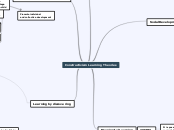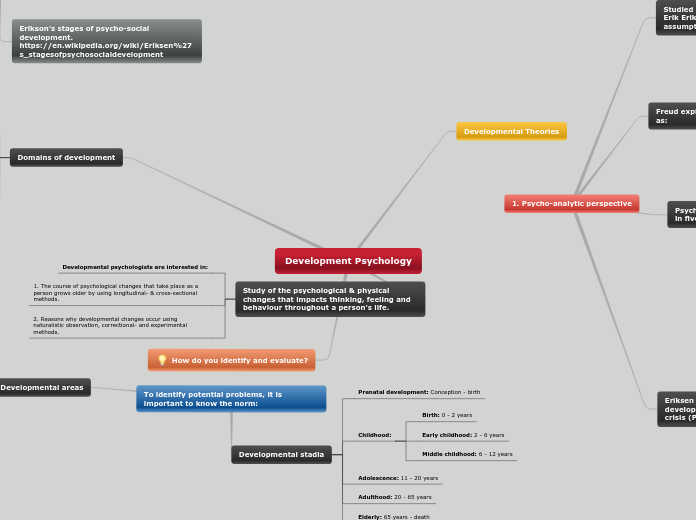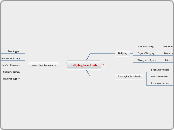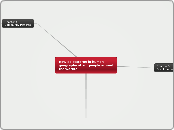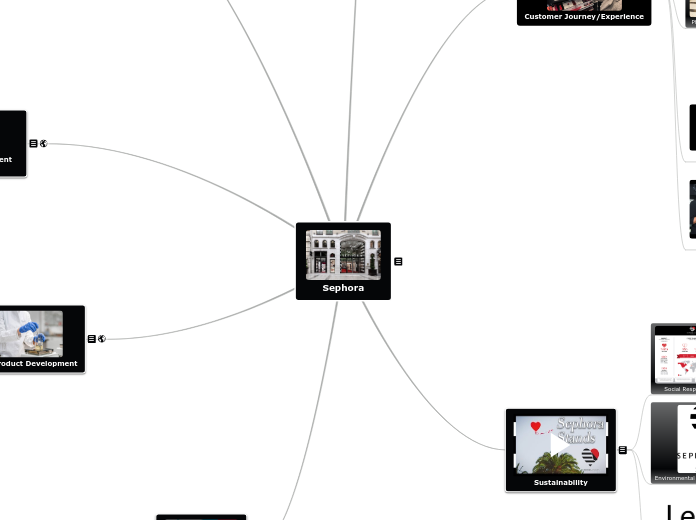Learning is reciprocal
The distance between what a learner
can perform under guidance or what
he or she can solve independently
Connect with previous experiences
Trial and error
Behaviorally-guided
rote learning
Teachers have to know
the previous knowledge
of children in order to be
able to respond to the stage
of development of each child
Promote individual
and collective development
Constructivism Learning Theories
Learning by discovering
BRUNER
Learning is an inquiry-based
in problem solving situations
It is important to establish
a relation between old and new knowledge
Teachers should help children to develop
strategies to organize and use their knowledge in a future
Without giving
them the solution
It is only a facilitator
Each person solve their
problems based on their own
experiences and knowledge
Each person has their
own way of interpreting
the world
Genetic Intellectual Development
JEAN PIAGET
Learning is a developmental
cognitive process
Students construct knowledge
based on their experiences depending
on their biological, physical and
mental stage of development
Stages
Formal
Operations
Is able to
hypothesize
Is able to
abstract thinking
Concrete
Operations
Logical structure
based on their reality
Begins to
think abstractly
Preoperational
Concrete physical
situations
Is not able to
conceptualize abstractly
Sensorimotor
Learning through
senses and actions
Knowledge is limited
Meaningful Learning
AUSBEL
It is possible to
assimilate a concept
thorugh reception
The new knowledge must
be meaningful to connect
with the previous one
Learning material has
to be meaningful for students
Teachers should
Meaningful information and themes
Provide curiosity and motivation
Social Development
VYGOTSKY
Learning occurs in a cultural context
and involves social interactions
Social interactions plays
a fundamental role
Zone of Proximal Development
(ZPD)
Students have previous
knowledge that allows
them to do some tasks
Teachers need to work the ZPD
giving them opportunities to join in
interaction activites in which children
are able to construct their own knowledge
Learning is an active process in which the subject constructs their knowledge based on their experiences
Each person has their own interpretation and construction of the world
